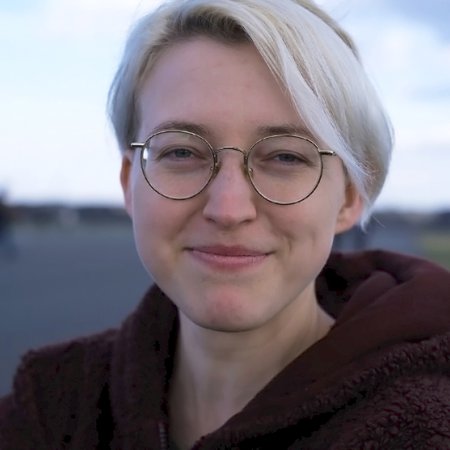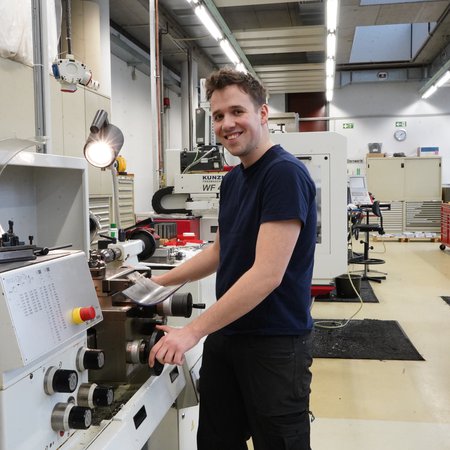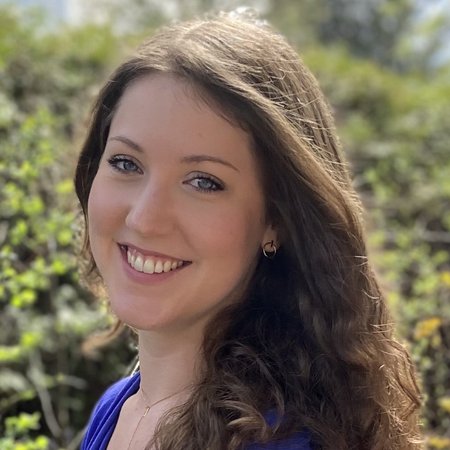Karl Schwarzschild Fellow 2015: Sarah Jane Schmidt
The AIP welcomes this years Karl Schwarzschild Fellow Sarah J. Schmidt. She completed her Ph.D. in 2012 at the University of Washington in Seattle and was most recently the Columbus Prize Postdoctoral Fellow at The Ohio State University in Columbus, Ohio.
Her main interest is on the magnetic fields on the smallest stars and the warmest brown dwarfs. Sarah Schmidt’s goal at AIP is to find out if the magnetic fields on these small, very cool objects are more like the fields we find on large planets, or more like those on the Sun and similar stars.
The Karl Schwarzschild Fellowship is awarded regularly with an alternating focus on cosmic magnetic fields and extragalactic astrophysics. The fellows should have received their PhD within the last five years and are identified in an international search. They are expected to carry out an independent research program and to contribute to the scientific life of the AIP including co-supervision of students.
The AIP continues the tradition of the Astrophysical Observatory Potsdam and the Berlin Observatory. It is located in the beautiful Potsdam/Babelsberg area, at the southwestern border of the Berlin metropolitan area. Scientists work on a variety of astrophysical topics covering the full range from solar physics to cosmology.
The AIP welcomes this years Karl Schwarzschild Fellow Sarah J. Schmidt. She completed her Ph.D. in 2012 at the University of Washington in Seattle and was most recently the Columbus Prize Postdoctoral Fellow at The Ohio State University in Columbus, Ohio.
Her main interest is on the magnetic fields on the smallest stars and the warmest brown dwarfs. Sarah Schmidt’s goal at AIP is to find out if the magnetic fields on these small, very cool objects are more like the fields we find on large planets, or more like those on the Sun and similar stars.
The Karl Schwarzschild Fellowship is awarded regularly with an alternating focus on cosmic magnetic fields and extragalactic astrophysics. The fellows should have received their PhD within the last five years and are identified in an international search. They are expected to carry out an independent research program and to contribute to the scientific life of the AIP including co-supervision of students.
The AIP continues the tradition of the Astrophysical Observatory Potsdam and the Berlin Observatory. It is located in the beautiful Potsdam/Babelsberg area, at the southwestern border of the Berlin metropolitan area. Scientists work on a variety of astrophysical topics covering the full range from solar physics to cosmology.
Images
Dr. Sarah Jane Schmidt





